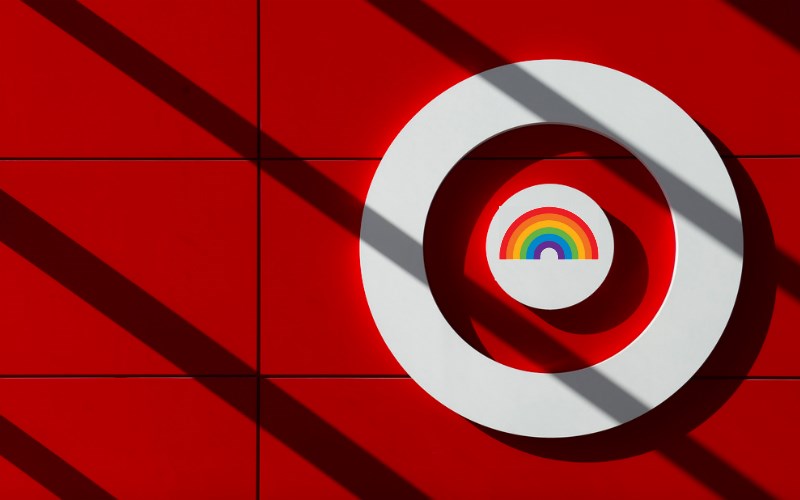According to the poll conducted by Gallup and Bentley University, up to 60% of Americans believe that companies should not take a public stance on social or political issues.
When it comes to specific issues, the survey shows that only 37% of Americans believe businesses should take a stance on homosexuality, 45% on racial issues, and 39% on gun laws. Just 26% say a stance on abortion should be paired with the products they buy. 19% are okay with politics and 15% with religion.
Washington Times columnist Robert Knight says many companies have made such alliances, and the bill is coming due.
"Too many businesses have followed the siren song of left-wing activism, and some of them, like Bud Light and Target, are paying the price," he observes.
Those are two American companies that have lost much from focusing more on LGBTQ activism than on their actual products. Disney is another.
"It used to be that businesses would pander to the LGBTQ market, but now they're marketing LGBTQ," Knight notices. "It's the tail wagging the dog."

He points out that the pro-family movement has long been vocal about how businesses can easily avoid being Bud Lighted: "You don't have to adopt our viewpoints and push them; you just have to stay out of the culture war and make your products and services."
That is not to say that a company cannot get behind a cause.
"A business can't go wrong by saying it's donating to hospitals or a fund to help kids with cancer, or even a mild form of environmentalism," Knight suggests.
Gallup points out that Democrats are more likely than Republicans and independents to feel businesses should publicly share their beliefs about social and cultural issues; 75% of Democrats say they should, compared with 40% of independents and 18% of Republicans.
The survey results are based on more than 5,700 interviews with U.S. adults in June 2022.







